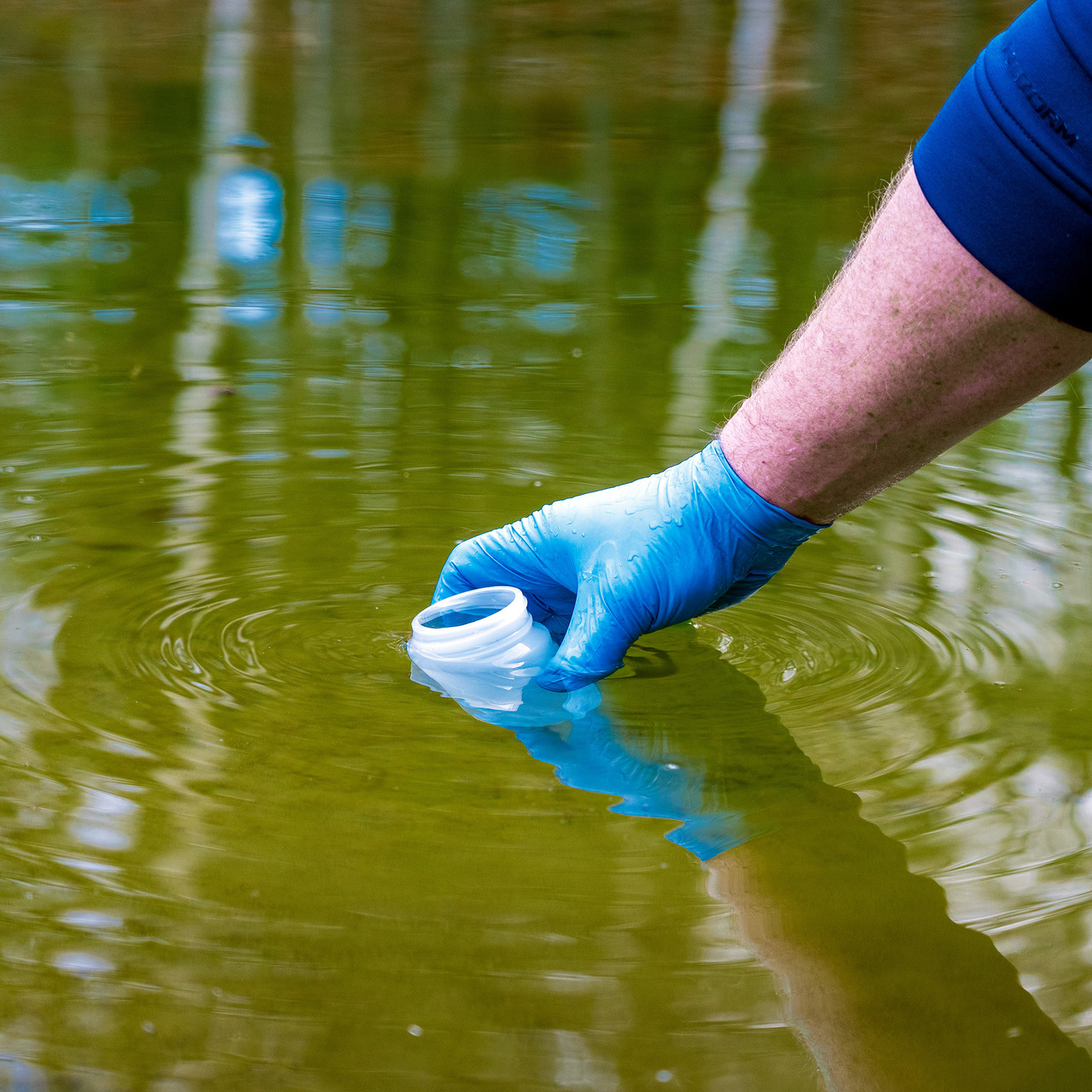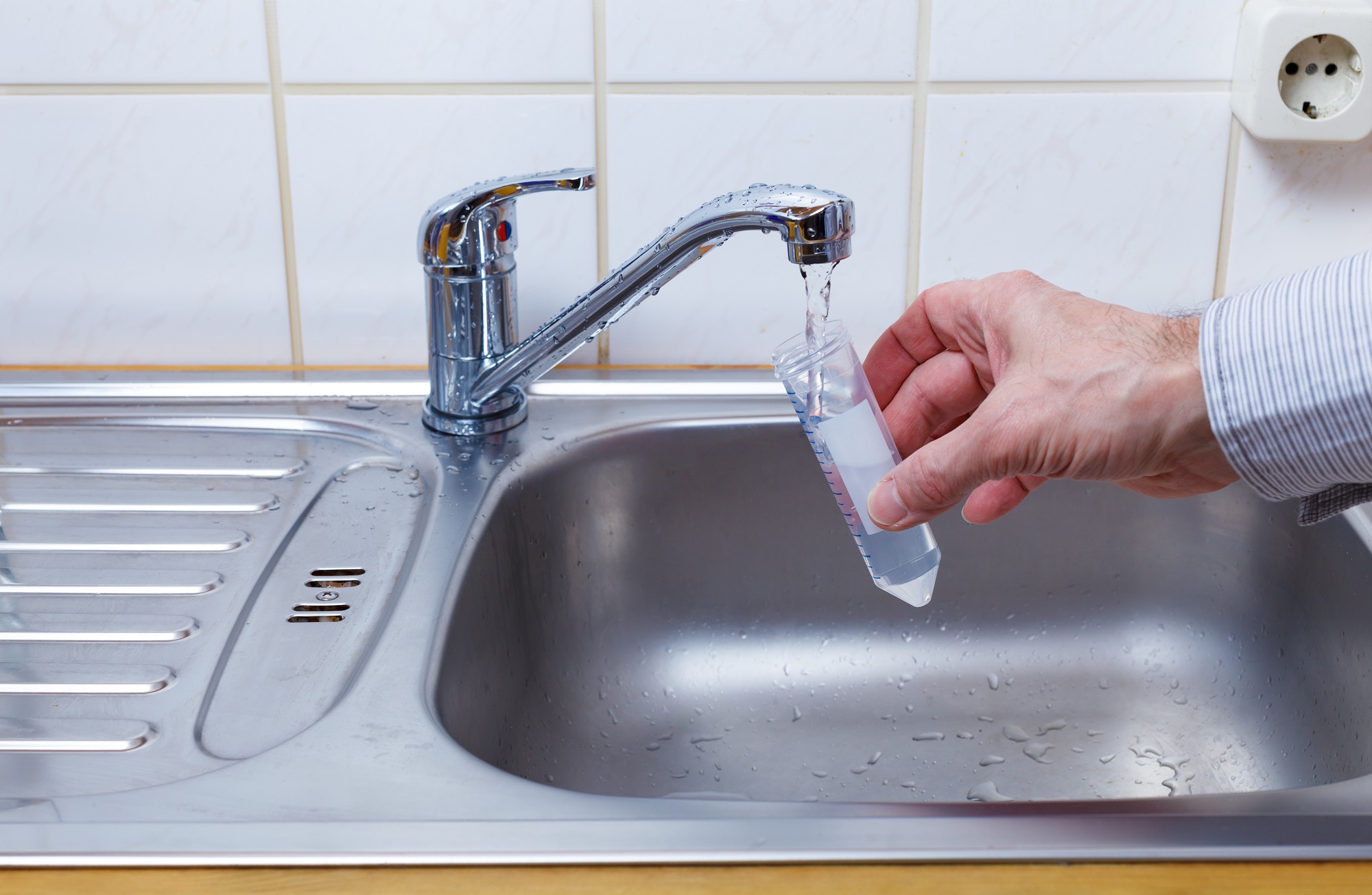Learn Exactly How Water Testing Can Find Pollutants and Shield Your Family's Well-being
Understanding the importance of water testing is important for securing your family members's health, as our water system can nurture hidden dangers. From bacteria to heavy metals, pollutants position significant threats, often undetected without appropriate analysis. By exploring the mechanics of water screening, one can uncover the unseen risks lurking in apparently excellent water sources. Yet, exactly how do you establish which tests are required for your home, and what actions should be taken when prospective threats are exposed? As we navigate these concerns, the path to ensuring water security and a much healthier living environment comes to be more clear.
Relevance of Water Testing
Identifying the important role water plays in maintaining life, the significance of water screening can not be overemphasized. Water is a fundamental source, crucial for drinking, cooking, sanitation, and different industrial processes. Its high quality straight impacts public health and wellness and health. Making certain that water is cost-free from dangerous substances is important for maintaining healthy communities and ecosystems.
Water testing serves as a proactive action to identify prospective risks that might jeopardize water quality. With systematic evaluation, it assists detect physical, chemical, and organic parameters that can position threats to human wellness. Routine testing enables for the early discovery of problems, helping with timely interventions to avoid prevalent contamination and associated illness.
Additionally, water screening sustains regulative conformity, ensuring that water carriers meet recognized safety and security criteria and standards established by governmental authorities. It fosters transparency and accountability, constructing public depend on in the water supply system. Furthermore, screening gives beneficial data that informs water monitoring techniques, allowing lasting use and conservation of this precious source.
In significance, water screening is an important device that safeguards public wellness, guarantees regulatory adherence, and advertises the sustainable monitoring of water resources. Its value in protecting both areas and people can not be undervalued.
Common Water Impurities
Amongst the different elements that can endanger water high quality, typical water pollutants consist of a variety of physical, chemical, and organic substances that present significant risks to human health and the setting. Physical impurities often include debris or organic products put on hold in water, which can influence quality and taste.
Organic impurities, largely germs, infections, and protozoa, occur from human and animal waste getting in water systems. Pathogens such as E. coli, Giardia, and Cryptosporidium are well-known for causing intestinal ailments and can be particularly hazardous to young kids, the elderly, and those with compromised body immune systems. Nitrites and nitrates, usually stemming from plant foods, position one more health and wellness threat, specifically to infants, possibly bring about conditions like methemoglobinemia or "blue baby syndrome."
Furthermore, emerging pollutants, including drugs and individual care items, have actually raised worries due to their persistence and unknown lasting results. Recognizing these impurities is essential for applying efficient water therapy strategies and making certain risk-free drinking water.
Just How Water Screening Functions
Comprehending the range of pollutants in water underscores the value of effective screening techniques to protect public health and wellness. Water testing is a systematic process made to determine and quantify numerous pollutants that might pose threats to human health. This involves a collection of analytical treatments that identify impurities such as germs, heavy metals, organic chemicals, and other contaminants. The screening procedure generally begins with example collection from the water resource, ensuring that examples are unpolluted and depictive throughout the collection process.
Chemical testing commonly involves spectrometry or chromatography, both of which can recognize and measure particular chemical substances. In addition, physical characteristics like shade, turbidity, and ph are assessed to give insight right into the total top quality of the water.
The precise methods employed in water screening depend on the certain contaminants of worry and the water's intended use. By continually using these rigorous screening methods, researchers and public wellness authorities can make certain the safety and security and quality of water, thus securing areas from prospective health hazards.
Picking the Right Test
The initial action is analyzing the water source-- be it local, well, or surface area water-- as each has distinctive threats. Municipal water may require screening for disinfectant byproducts, while well water might require screening for nitrates, germs, and hefty metals.
Following, take into consideration environmental elements and recent occasions. Close-by farming activities might necessitate screening for chemicals and herbicides, whereas industrial areas can call for checks for chemical toxins. Additionally, any adjustments in water preference, odor, or look need to prompt certain testing for usual impurities like lead, chlorine, or organic virus.
Professional water testing services use detailed kits that view website target a wide range of potential pollutants. These sets commonly line up with criteria set by the navigate here Environmental Protection Agency (EPA) or neighborhood wellness departments. For a more customized method, speaking with a water quality expert can give insights into which particular tests are essential based upon regional problems and private health demands, making certain the defense of your family's wellness.

Preserving Water Safety

Along with screening, correct upkeep of water systems plays a vital function. This includes evaluating and servicing plumbing systems, storage space containers, and septic tanks to avoid leakages or backflow that might introduce pollutants - Water Tesing Services Tampa. Using water filtering systems developed to deal with particular local issues can better safeguard versus impurities, supplying an added layer of protection
Public understanding and education are equally vital in maintaining water safety. Areas need to be educated about potential threats related to neighborhood water resources and the needed actions to minimize them. Motivating public participation in water security efforts promotes a cumulative obligation that improves total effectiveness.
Eventually, a comprehensive approach that integrates regular screening, system maintenance, and community involvement is vital in guarding water quality. By doing so, households can be guaranteed of tidy and secure water, securing their health and wellness.

Conclusion
Normal water screening is vital for recognizing contaminants such as microorganisms, heavy steels, and chemicals that position wellness threats. By evaluating water discover this info here examples, unseen risks can be identified, making certain the arrangement of risk-free drinking water. This aggressive method helps produce a much healthier setting and helps with notified decision-making pertaining to water safety. Selecting suitable screening approaches and preserving watchfulness in water quality are vital steps in safeguarding public health and wellness and making sure the health of all household members.
Recognizing the importance of water testing is essential for guarding your family's health, as our water supply can nurture undetected dangers.Water testing serves as a proactive step to identify potential hazards that might endanger water top quality.Furthermore, water testing supports governing conformity, guaranteeing that water carriers fulfill well established safety requirements and guidelines established by governmental authorities. Community water could call for screening for disinfectant byproducts, while well water may need testing for nitrates, bacteria, and hefty steels.
Regular water screening is an important component in maintaining the high quality of water sources, allowing timely treatments prior to contaminants get to unsafe levels.